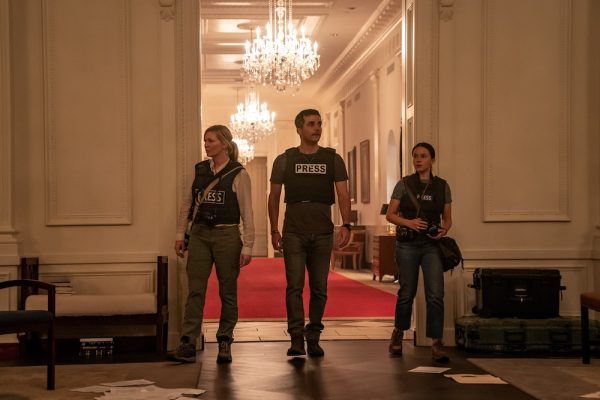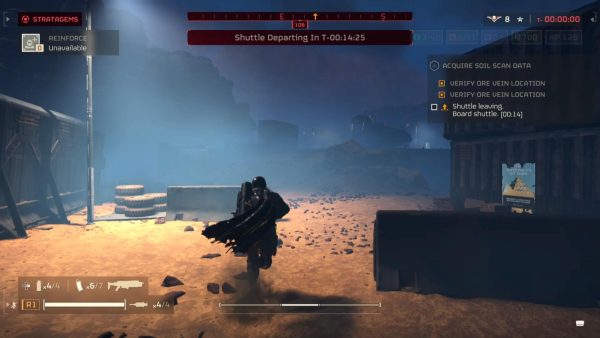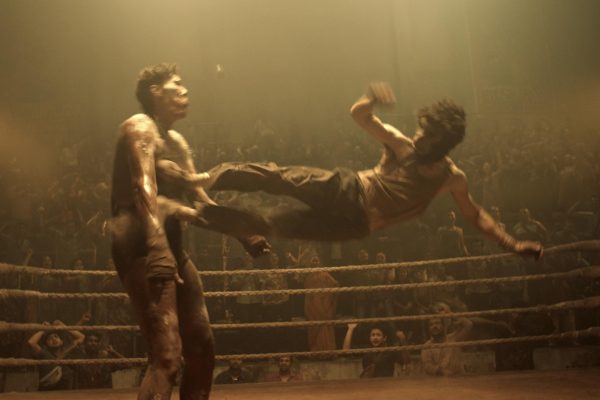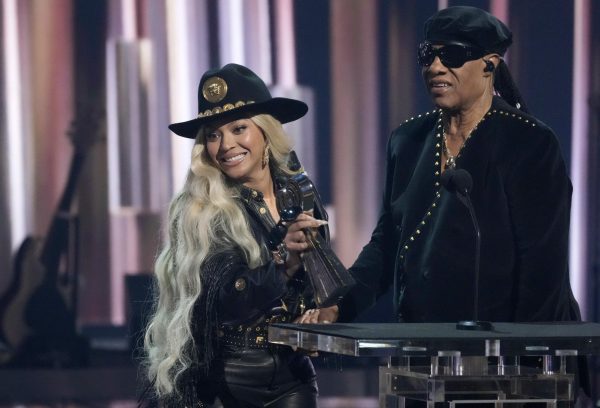The 1975 releases self-produced album to great success
December 3, 2018
The 1975 has attempted to capture the specific postmodern feelings associated with the Internet age in their latest album, “A Brief Inquiry Into Online Relationships.” The album exists in a tension between longing for the genuineness of the past and embracing the irony of the present, as the sparkling ’80s-inspired instrumentation toys with diverse modern influences while the lyrics ache between vulnerability and scorn.
The album credits lead singer Matthew Healy and drummer George Daniel as sole producers, which makes “Inquiry” the group’s first record not produced by Mike Crossley. Self-producing was a brilliant choice: the ringing electric pianos and reverberating drum machines recall classic Tears for Fears and Peter Gabriel records, mastered to match modern listeners’ loudness expectations.
Anthems like “TOOTIMETOOTIMETOOTIME” and “Love It If We Made It” smack the listener with pumping synthesizers and infectious beats, the same qualities that launched Carly Rae Jepson’s songs into the charts.
Tracks like the self-titled intro and the two-part “How To Draw / Petrichor” continue The 1975’s experimental streak. The former has shown up on every 1975 album as its opener, with identical lyrics but reworked arrangement. This time, the song acts as a Kanye West-inspired autotuned overture, predicting the rest of the album’s usage of autotune as an instrument.
“How To Draw / Petrichor” is a left-field homage to UK two-step music, starting with a familiar autotuned Healy that morphs into a rhythmic, glitchy outro. Both display a band comfortable with experimentation that does not sacrifice cohesiveness.
The internal postmodernism of the album may lie in its inability to consistently avoid irony in exchange for authenticity. Healy has done a few extensive interviews detailing his lyrics – somewhat self-congratulatory – which all seem to confirm this feeling. Healy said, in a analysis for song “Sincerity is Scary” on Genius.com, that “I don’t want to be sarcastic all the time.” Unfortunately for him, the album’s worst moments are when he foregoes his trademark sardonic style.
The album’s issues are most apparent when the lyrical sentiments swing from ironic extremes to awkward sincerity. Ballads like “Inside Your Mind” and “Mine” try too hard to generate a timeless emotional response, as if Healy has swung too far away from postmodern sensibility into juvenile confession. Unlike the rest of the album, these songs have labored instrumentals which do nothing to compensate for lyrical issues. “The back of your head is at the front of my mind,” Healy sings sings over a jarring power-ballad instrumental, “Soon I’ll crack it open just to see what’s inside your mind.” The album could have done without a confessionary metaphor bleeding into uncomfortable genuineness.
“The Man Who Married a Robot / Love Theme” embodies the other lyrical swing of extreme irony. An analog to Radiohead’s interlude “Fitter Happier” from their 1997 album “OK Computer,” the song features Siri’s British male voice reading an overtly sardonic fairy-tale about a man who falls deep into internet addiction. For an album trying to avoid masked meanings, twisting a truly tragic reality into a dark comedy was the wrong choice.
The songs that succeed are when Healy’s self-awareness of his ironic façade matches his desire for stark truth. Standout track and single “It’s Not Living (If It’s Not With You)” does what “The Man” didn’t: Healy tells a story about a truly tragicomic character addicted to heroin, roaming the streets for a fix, who “says we’re living in a simulation, But he works in a petrol station, selling petrol.” Healy’s biting observation directed at the character swings into a brutally honest reflection of his own addictions: “The worst thing is that I’m in the same situation.” The anthemic chorus of the song transcends Healy’s dueling vulnerability and persona into a universal sing-along.
The album’s closer, “I Always Wanna Die (Sometimes),” feels like The 1975’s artistic triumph. It masterfully toes the line of dark and light, succeeding where the preceding songs didn’t. “If you can’t survive; just try,” Healy begs as the band matches his intensity with a return to guitar and drum instrumentation, “and I always wanna die, sometimes.”
When the band successfully skirts the edge of Healy’s postmodernism and universalizes personal complexity, the songs land in the space of instant classics: neither here nor there; now or then; but always, sometimes.












